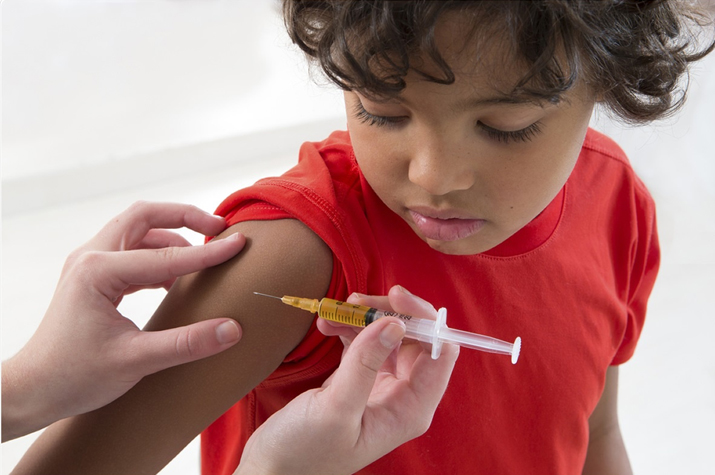SAVE THE CHILDREN
OVER 80 MILLION CHILDREN WITHOUT TREATMENT
The Covid-19 vaccine is coming, thank goodness. The problem is that in many areas of the world they don’t have the medicines that have been around for decades that work and could save lives, many human lives. Millions of children trapped in war zones are at risk of dying because they don’t have access to well-established and risk-free medical procedures. The problem is that, also due to the pandemic, immunization programs have been suspended in more than 60 countries putting more than 80 million children, all primary school pupils, at risk. This is the equivalent of the population of Turkey.
The alarm comes from a new Save the Children report entitled "Not Immune: Children in Conflict". The spotlight is on the impact that wars have on the care of children, in particular on their immunization. The overview spans the last ten years. The need for global action to protect children from preventable diseases is evident, especially in war scenarios. The data is clear: two thirds of non-immunized children live in countries where conflict is ongoing and for this they lose out on vital vaccinations.
Diseases such as measles, polio, cholera, pneumonia, yellow fever and diphtheria, for which there are safe and effective remedies, are spreading rapidly in regions where fighting blocks transport and makes it difficult for medical personnel to take action. In reality, weapons actually kill less than curable diseases. Vaccination rates have plummeted in some areas. Immunization levels for diphtheria, tetanus and whooping-cough in Syria were above 80 percent before the war dropping to 47 two years ago and there is no reason to believe that the trend has reversed. In Ukraine, the national rate dropped from 80 to 19 percent after four years of fighting.
Immunization programs suspended in conflict zones
A few months ago, the UN Secretary-General called for a global ceasefire to limit the spread of Covid-19 and allow aid and vaccinations to reach the most vulnerable children and their families. The appeal went unheard. Minors continue to die of measles while adults continue to shoot at each other.
The detailed report describes deadly outbreaks of diseases that could have been prevented with large-scale immunization in the past 10 years, such as polio that hit the northeastern area of Nigeria controlled by Boko-Haram in 2016 and a year later Syria. In the general silence, cholera epidemics have occurred in countries such as Iraq, Somalia and South Sudan. There have been over a million cases in Yemen alone. The direct relationship between war and the spread of infection is certain. If there is one thing that the pandemic has made clear it is that no country is immune from the spread of disease whether it be old or new.
The difference is that wealthy Westerners get sick mostly from new illnesses while for the rest of the world the old diseases are enough.
No two parallel worlds exist however that will never meet. The lack of treatment and vaccines in Africa also creates side effects in our country. Getting vaccines to children living in war zones is not only a duty but is the only way to protect global health, including ours. Humanity cannot allow preventable diseases to cause millions of deaths.
And even if, understandably, major resources have been redirected to fight the pandemic, this cannot be done at the expense of the most vulnerable populations who are experiencing a very serious regression in treatment and prevention. To abandon them now only means to postpone the problem and we can't afford this.
If we can't manage to do it for them we should at least do it for ourselves. It is not a gesture of altruism but is rather healthy Darwinian selfishness.








